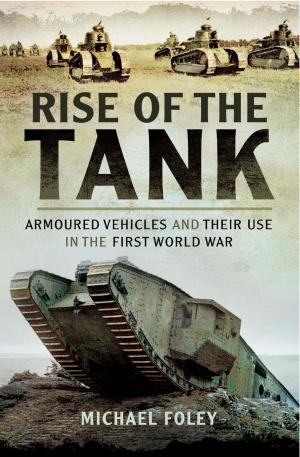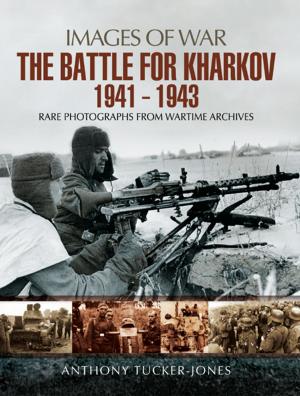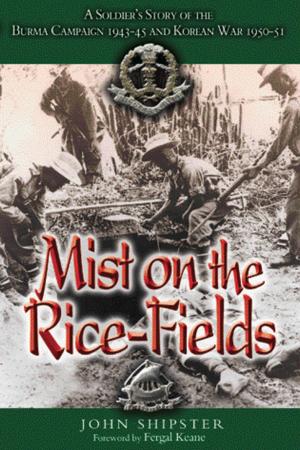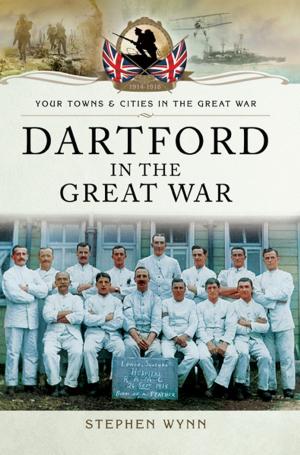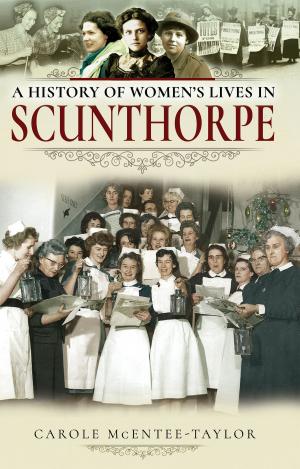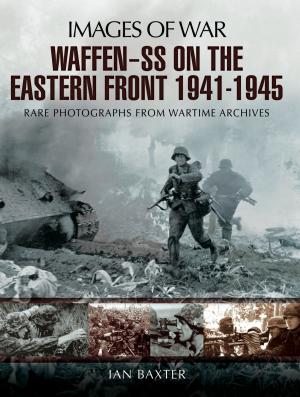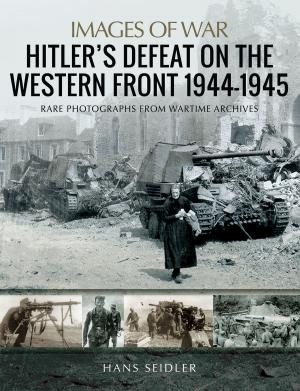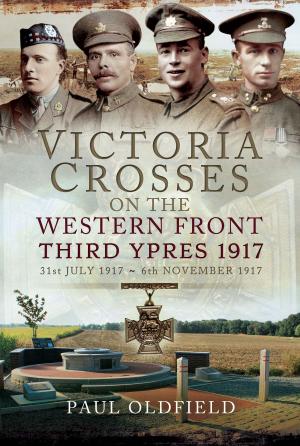| Author: | Stephen John Wynn | ISBN: | 9781473865174 |
| Publisher: | Pen and Sword | Publication: | July 31, 2016 |
| Imprint: | Pen and Sword Military | Language: | English |
| Author: | Stephen John Wynn |
| ISBN: | 9781473865174 |
| Publisher: | Pen and Sword |
| Publication: | July 31, 2016 |
| Imprint: | Pen and Sword Military |
| Language: | English |
Throughout the First World War, London played a major part in Great Britain's war effort, both at home and abroad. A far as Germany was concerned, the city was their ultimate goal – the ultimate target that would bring them the sought-after victory they so desired.
With the British Royal Family at Buckingham Palace, the heart of British Government at the Houses of Parliament and one of Europe's major financial centres, situated at the Bank of England, London was a major prize that would either be protected or lost to the enemy. With a real belief amongst the British public that there would be an invasion at some time during the war, the security of the countries capital was paramount not only for survival of the nation, but also to ensure that public morale remained high.
The capital was a central hub for recruitment with centres popping up all over the city, at places such as Scotland Yard and the Tower of London. There was a regiment for everybody, catering for all elements of society from the labourer, to the landed gentry, for the more affluent, as well as those less well off, and from the professional sportsman, to the city banker; everybody wanted to do their bit for King and Country.
The book looks at many different aspects of wartime London: the Members of Parliament who left their comfortable lifestyles, who fought and died for their country, the Silvertown munitions factory explosion, the twelve German spies who were shot at the Tower of London, and the hundreds of military hospitals that were spread across London. Part of St Thomas's Hospital, for example, treated the wounds of 11,396 military personnel between 1915-19.
City of London in the Great War records yet another chapter in the history of the nation's capital, during the four-year period of time, which will live in the memory of the city forever more.
Throughout the First World War, London played a major part in Great Britain's war effort, both at home and abroad. A far as Germany was concerned, the city was their ultimate goal – the ultimate target that would bring them the sought-after victory they so desired.
With the British Royal Family at Buckingham Palace, the heart of British Government at the Houses of Parliament and one of Europe's major financial centres, situated at the Bank of England, London was a major prize that would either be protected or lost to the enemy. With a real belief amongst the British public that there would be an invasion at some time during the war, the security of the countries capital was paramount not only for survival of the nation, but also to ensure that public morale remained high.
The capital was a central hub for recruitment with centres popping up all over the city, at places such as Scotland Yard and the Tower of London. There was a regiment for everybody, catering for all elements of society from the labourer, to the landed gentry, for the more affluent, as well as those less well off, and from the professional sportsman, to the city banker; everybody wanted to do their bit for King and Country.
The book looks at many different aspects of wartime London: the Members of Parliament who left their comfortable lifestyles, who fought and died for their country, the Silvertown munitions factory explosion, the twelve German spies who were shot at the Tower of London, and the hundreds of military hospitals that were spread across London. Part of St Thomas's Hospital, for example, treated the wounds of 11,396 military personnel between 1915-19.
City of London in the Great War records yet another chapter in the history of the nation's capital, during the four-year period of time, which will live in the memory of the city forever more.

